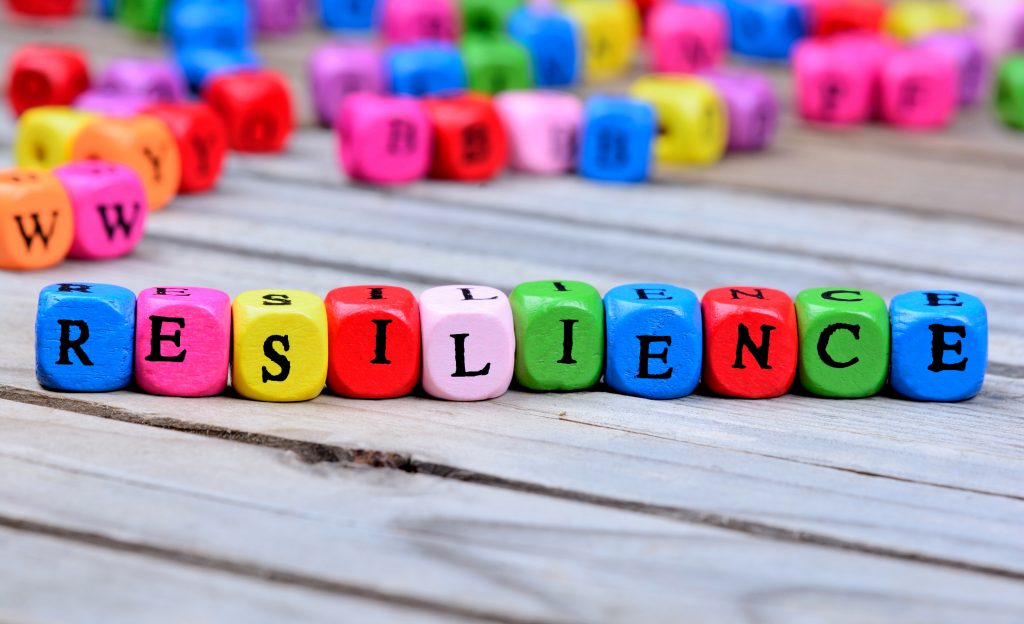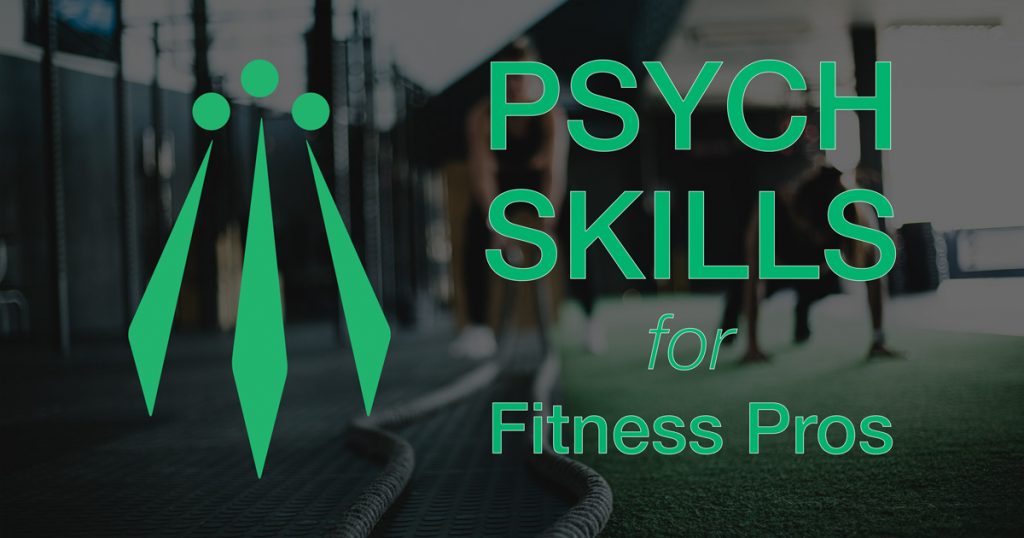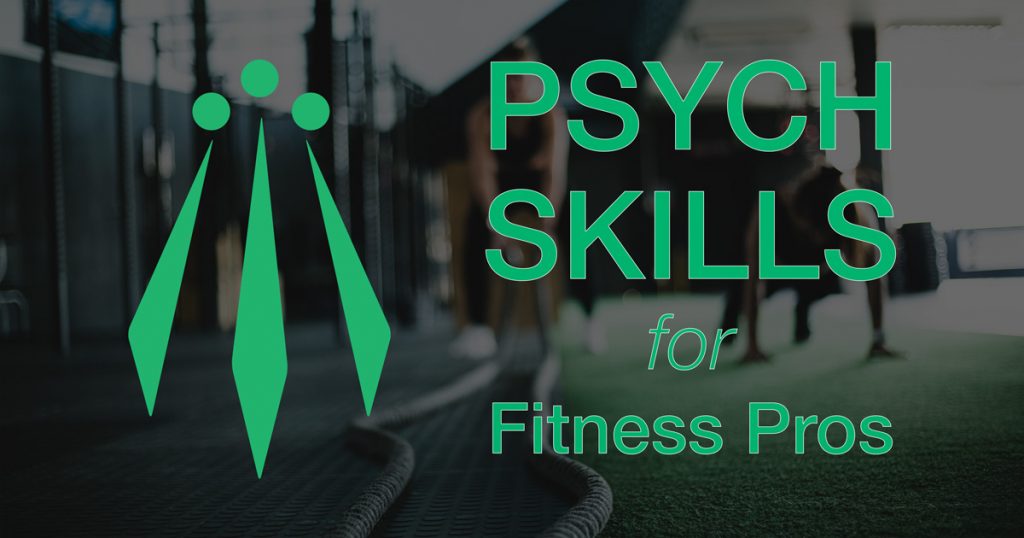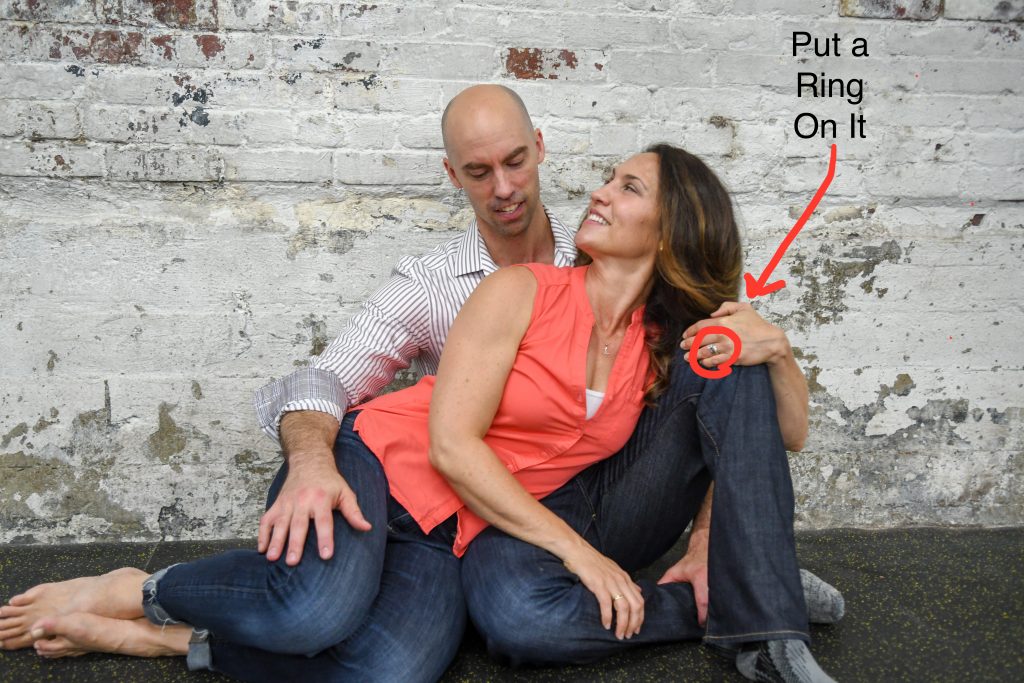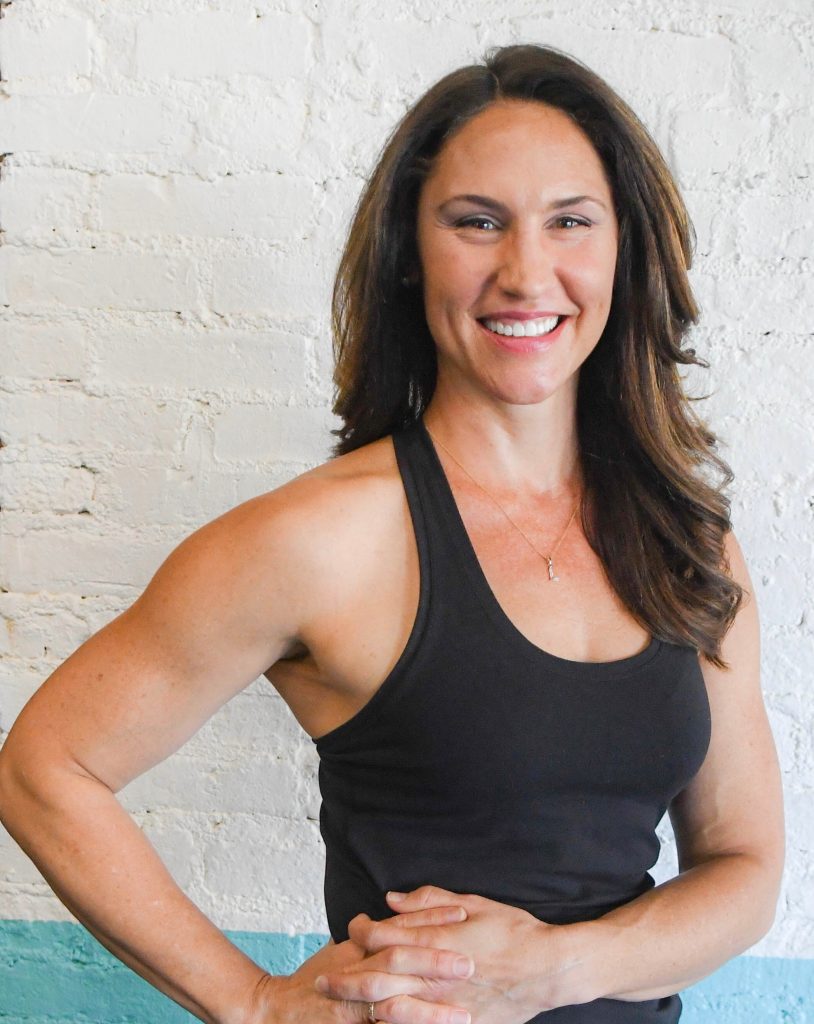My wife walked out of her office the other day and stopped in her tracks. It looked like the opening shot of an episode of Forensic Files.
There I was lying sprawled out on the living room floor motionless.
“Are you okay? Are you sick or something?”
“No, I’m not sick” I said. “My workout was brutal today. I can’t move. I just need a few more minutes to allow my soul to reenter my body.”
“Oh, okay then. That’s nice babe. Don’t forget to put your gym bag back where it belongs.”
What can I say: What we have is true love.
All kidding aside, while it may not seem so obvious to begin with, this example of marital magic serves as a nice primer on motivation and how that interplays with one’s desire (and rationale) to exercise consistently.

How to Motivate Your Clients
What I described above is not an exaggeration.
I had just gone through a pretty brutal workout where I hit close to max numbers on all three of the “big 3” (squat, bench press, deadlift) despite having just deadlifted fairly heavy the day prior.
It’s a split I wasn’t accustomed to, and by the time I got home my body felt like it had been put through the ringer. I was basically reliving Rambo: First Blood, except without a cave full of rats, and an asshole local sheriff busting my balls.
Oh, and there was no torrential rainfall.

But here’s the thing.
I knew heading into that workout that I was going to feel like garbage afterward. But I did it anyway. Not because I wanted (or even strive) to feel like that, but rather because the alternative – not doing it – goes against my inner fabric.
Working out consistently is part of my identity, it’s part of what makes me me; much like listening to 90’s hip-hop, wearing groutfits, and ordering chicken at a seafood restaurant is also part of what makes me me.
This is a form of motivation that’s referred to as Integrated Regulation.
It describes many coaches/fitness professionals, as well as those people who would rather commit seppuku than miss a workout.
It’s admirable, but IT IS NOT THE END-ALL-BE-ALL GOAL OR FORM OF MOTIVATION.
Motivation comes in different varieties and iterations and it’s imperative (especially as a coach) to NOT hold our clients to the above standard.
Instead, it behooves us to lean into whatever (extrinsic) reason motivates our clients to exercise. For some it’s because they want to look hot, for others it’s because their doctor suggested they need to or risk more dire consequences, and of course, there’s tacos.

ALL are forms of motivation and should be encouraged and embraced.
Another thing to consider (and something my colleague, Derek Stanley, wrote about recently), is this idea that discipline is the underlying “x-factor” when it comes to motivation.
“I wasn’t motivated to train, but I did it anyway.”
This is actually a high-degree of motivation! As alluded to above this person does it anyway because it’s a part of their identity. They’re just trying to brag a bit and earn a few social media likes…;o)
As Derek notes:
“Ironically, we say this to try to motivate people. It’s well-meaning. But it’s still unhelpful. The underlying assertion is that it’s all about discipline, not motivation. If you skip your workouts, you’re lazy or undisciplined.
Just do it.”
The bigger picture to appreciate here is that even if you’re thinking about working out, you have all the motivation you need.
You have the juice.
As Derek further elaborates, “if you weren’t motivated, then it wouldn’t even be on your radar.”
You’d just keep living your Tuesday.
Fitness professionals need to stop being such hardos when it comes to this stuff. Motivation and facilitating change is a spectrum and these are skills that don’t come naturally to most. It rarely comes squarely down to will-power (or lack thereof) or “not wanting it enough.”
Your clients have motivation, you’re likely just looking for it through the wrong lense.
👇👇👇
How to Motivate & Facilitate Change
There’s only a few more days to take advantage of the sale price for Psych Skills for Fitness Pros.
(FYI: Sale ends Sunday, 3/13).
This course was developed by my wife (yep, the one referenced above) to help coaches/trainers/PTs better understand motivation and how to become a more well-rounded professional.
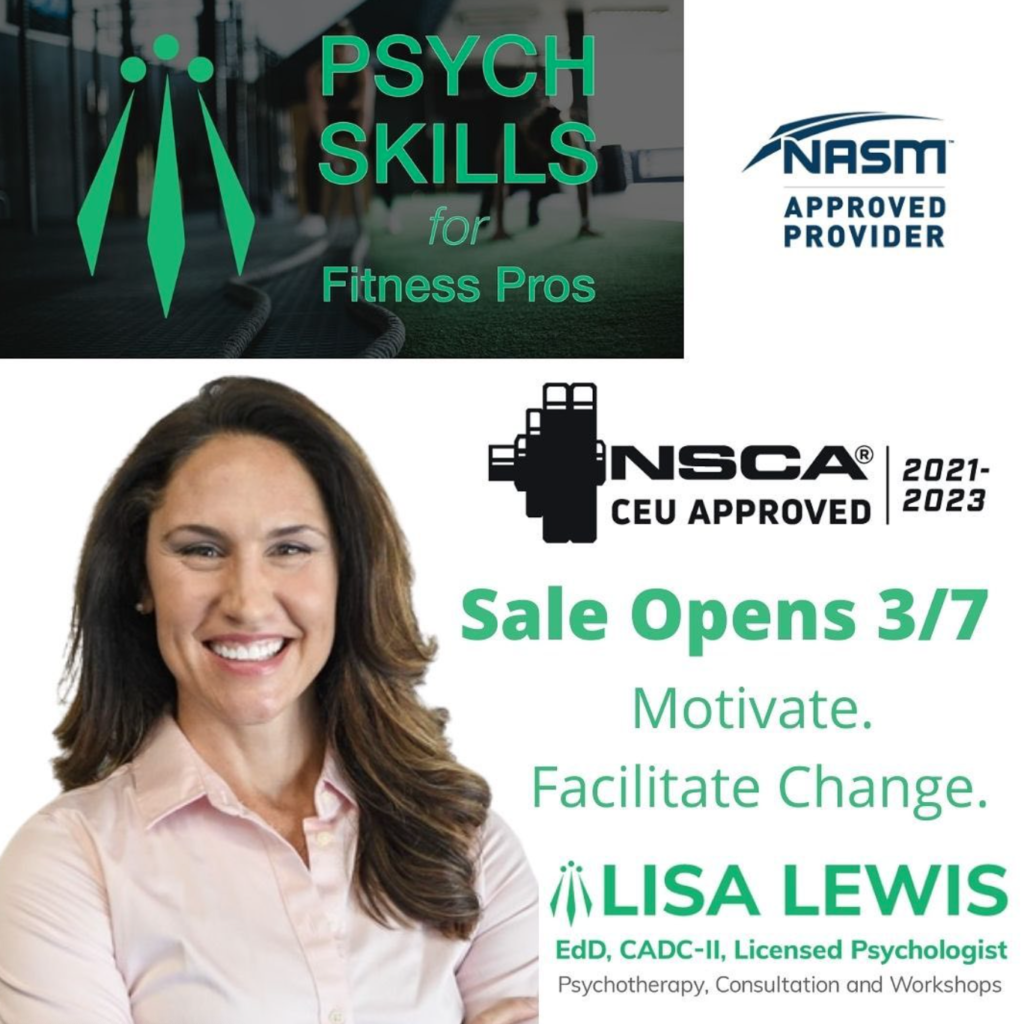
If you’re looking for something different than continuing Ed focused on sets and reps, stability and mobility, or other “nuts and bolts” aspects of training, this is the course for you!!
In this course, you will learn AND gain skills for:
1. Leveraging your clients motivation,
2. Progressing your clients to encourage positive behavior change,
3. Working through barriers to change, “loss” of motivation, and other psychological challenges that ALWAYS HAPPEN in coaching!!
Give it a look HERE.




